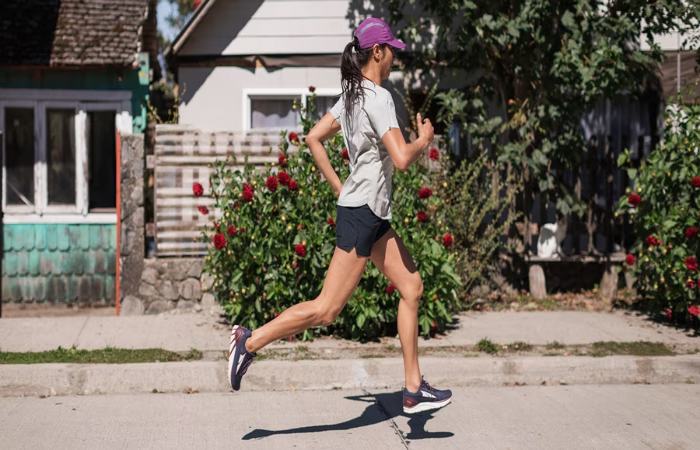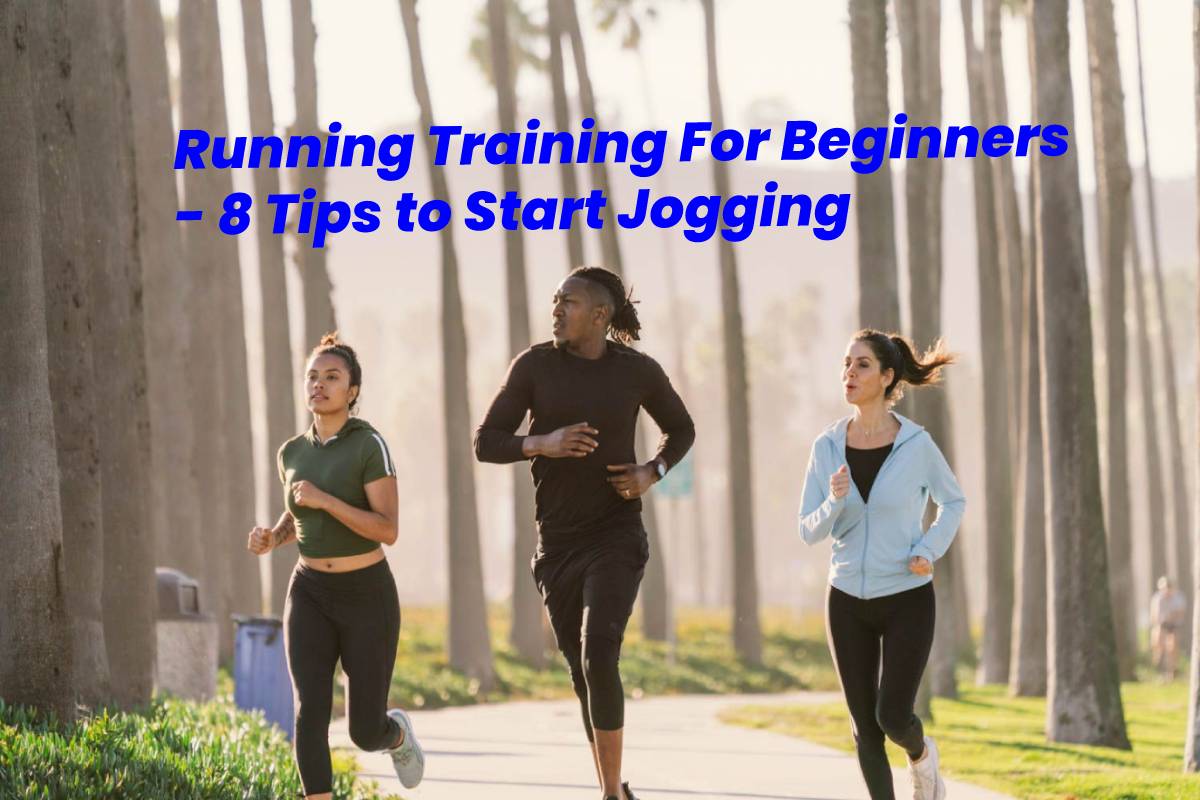Table of Contents
Introduction
You don’t need much to get started with our beginner running plan. With a little motivation and patience, you’ll be running for 30 minutes in about six weeks. Even if you’ve never run before, this plan will ensure you’re ready to hit the parks, the streets, or even your first 5K.
There are a few things you’ll want to consider before you start. Make sure your shoes are up to the job and your feet are comfortable. We’ve got the best running shoes and best running shoes for women here. Also, think about the best phone holders for running, whether you want to document your trip with photos, listen to music, or just keep the phone handy for safety.
1. Start in Small Stages – 8 Tips to Start Jogging

8 Tips to Start Jogging -Are you highly motivated to start jogging? As a beginner runner, don’t decide to run the entire distance in one go: “Divide them into intervals and try to keep them very short at the beginning. You should also walk through the interval breaks to relax,”. After a while, you can make the sections longer and reduce the breaks: It is best to start with alternating two minutes of jogging and two minutes of walking. Then, increase your running interval by an additional minute with each training session until you can run the entire distance without a break here are 8 tips to start jogging.
2. Don’t Run Too Wild
The body has to get used to the fresh tension first. Many beginners start too quickly. However, you will receive the receipt after a few minutes. Frustration, overwork, pain or even injury are just a few possible results. So hold your first run at a moderate pace: you should be able to talk while doing it. “Even if you have the ambition, you should keep the selected speed the whole way. Only those who gently accustom their bodies to the new demands will succeed long-term. ”
3. Your Body Needs Rest – 8 Tips to Start Jogging
Your first running training was successful, and did you want to start running again immediately? Great!
However, do not start the next day again: Your body needs a little rest to recover from the first running unit. Adapt to the new demands of the cardiovascular system and prepare your muscles and bones for the next running load. Plan your training so that running and rest days alternate. This simple form of training planning offers the best training effect for beginners and protects against overload.
4. Take Easy Steps And Take Small Steps
Running is a technically demanding sport. Many beginners * do not have an optimal running technique, and jogging is strenuous because of too much effort. The body develops the coordination for the execution of the movement with the kilometres run. “Try to run relaxed and with little effort.
Small, manageable steps are more effective than long, powerful ones, as they slow you down with every step with their forward swing,” advises the expert.
5. Choose the Right Running Surface

Many novice runners ask themselves which surface is suitable for them. “That depends on the respective training content.” As is so often the case, a variety of different characters is the right choice:
- The running on asphalt is suitable for fast workouts – the danger of twisting is very low. “However, the joints are more stressed because asphalt has no dampening properties,”.
- “Therefore, running on this surface is only suitable for very light runners with good running technique.”
- A forest or park floor is soft and has excellent damping properties. However, roots, stones and bumps increase the risk of injury.
- A sandy surface trains the muscles and the lifting of the feet. Caution: Overloading the calf is possible.
- Tartan (a weatherproof synthetic surface that can be found on running tracks) is resilient. One minus: the Achilles tendon is very stressed.
- The treadmill offers weather-independent training on a springy surface. “This running training requires different running motor skills as the ground rolls away from under your feet.”
6. Do not Cramp with a Stitch on the side
Many people experience a stitch when they start jogging. Advises avoiding solid food around two hours before running and drinking only small amounts. First aid while running means taking a break from walking. “Breathe calmly and in a relaxed rhythm and press your hands on the painful area.” The expert’s tip: only keep walking (and slowly!) When the pain has subsided.
7. Take Care of Your Body
Running is a workout for the whole body: “The control centre of the movement is the centre of the body. Therefore, all running impulses – such as stride length, frequency and the entire dynamic of movement – should be transmitted from the arms through the centre of the body to the legs.” This requires a healthy, muscular fundamental tension in the body’s core. The rest of the muscles should also be well trained to make walking cumbersome. In addition, good body tension protects against excessive and improper strain while running.
8. Mix The Sports – 8 Tips to Start Jogging
Your cardiovascular system is happy about variety. You also reduce the high orthopaedic stress of pure running with other endurance sports. In addition, it never gets boring by changing sports. “And that’s exactly how the joy of running remains”.

